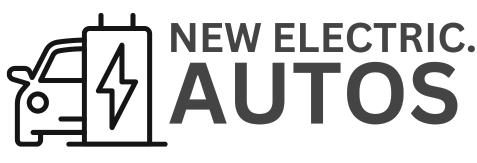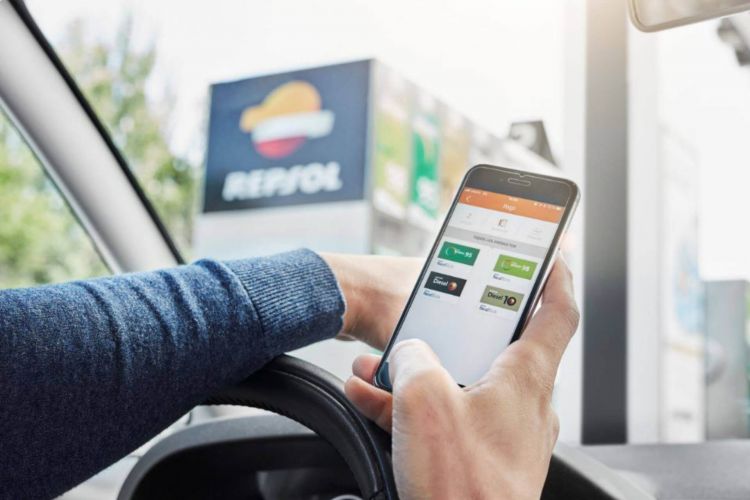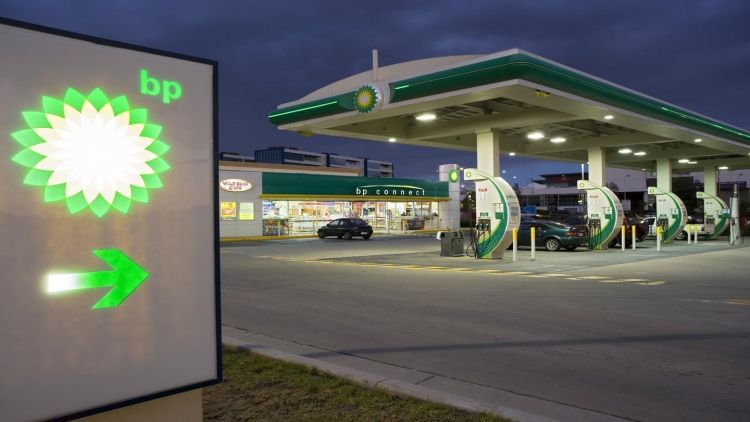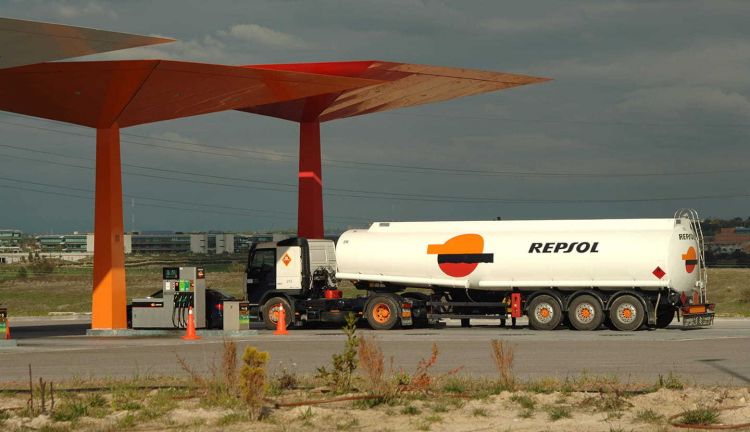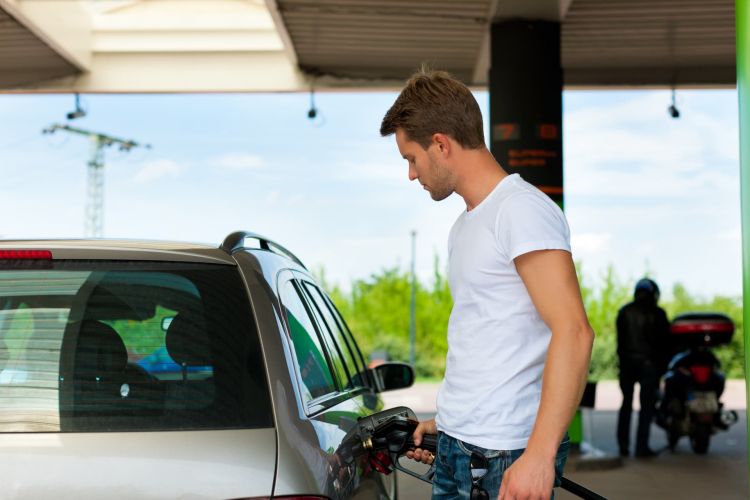The big oil companies are in the eye of the hurricane. The National Commission for Markets and Competition (CNMC) has revealed that it has opened an investigation into various active operators in the Spanish energy sector for possible anti-competitive practices. Yes, The CNMC is inspecting the big oil companies for possible abuse of discounts applied to fuel.
The movement that has triggered this investigation has been the presentation of various complaints. The CNMC He has not revealed more details, but Europe Press He cites sources familiar with the process to throw on the matter. According to the agency, the step would have been taken by small operators and between November 28 and December 2, 2022, the CNMC carried out a series of inspections at the headquarters of various operators in the Spanish energy sector.
Repsol, Cepsa and BP
The National Commission for Markets and Competition has not given names, but Europa Press has: the key would be the possible agreements of Repsol, Cepsa and BP to shape an aggressive discount campaign for some time now. Other sources say that Endesa, Iberdrola and Naturgy have not been investigated by the regulatory body.
Repsol and Cepsa have confirmed Europe Press CNMC inspections and they have explained that they have made all the information requested of them available to the aforementioned body. They have shown, at the same time, their full conviction about their actions in competition matters: they believe that it is correct and that it complies with current legislation.
The facts
Eight months ago, the Government launched a bonus of 20 cents per liter to face the rise in the price of fuel: a measure with which they sought to minimize the impact that this escalation was having on the pocket of drivers. Before that discount came into effect (something that happened on April 1), the big oil companies began to apply discounts in the sale of fuel.
This cheapening of diesel and gasoline It began by being associated with the different loyalty programs of these companies. Later, some of them eliminated this condition: their extra bonus would be available to everyone who went through their pumps, but the amount would be higher (30 cents) if they were part of their client portfolio. As the months went by, there were gas stations that came to offer almost double those initial 20 cents and, even, discounts of 45 cents were seen.
In this stage, several ‘low cost’ gas stations showed their intention to denounce, before the CNMC, the behavior of the big oil companies. They considered that there was an agreement to give rise to these campaigns, thus ending competition in the sector.
What would the sanctions be like?
The CNMC wanted to make it clear that its inspections are a preliminary step in the investigation process of the alleged anti-competitive practices, that is, they do not prejudge the outcome of the investigation or the guilt of the entities.
Only proceed to the formal initiation of a disciplinary file if they find indications of practices that are not allowed and the existence of anti-competitive practices is confirmed. In this case, the big oil companies could have committed an infringement of Articles 1 and 2 of the Law for the Defense of Competition and Articles 101 and 102 of the Treaty on the Functioning of the European Union.
The CNMC has recalled that anti-competitive practices and abuses of a dominant position constitute a very serious infringement of competition law. They therefore carry fines that can be up to 10% of the total business volume of the infringing company in the year immediately prior to the imposition of the fine.
